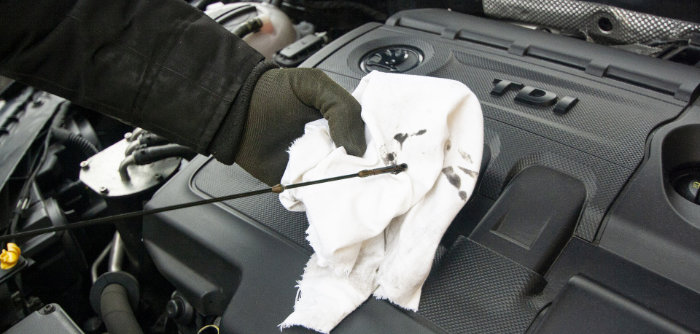
Why is synthetic oil more expensive? Although minerals (also known as conventional oil) and synthetic oil seem the same, there are differences that lead to varying costs. These differences lead to synthetic oil being expensive. However, it also makes it the best type of engine oil in your car.
Before clarifying the difference between mineral and synthetic oil, let’s make it clear that these are both functions as engine oil. Engine oil is a lubricant that serves multiple functions to keep your car going. These functions include:
Regardless if you use mineral or synthetic oil, both will lubricate your engine and do these functions. So, what is the difference between the two?
There are only two types of engine oil; mineral and synthetic. Mineral oil is made by refining crude petroleum. The refinement process removes unnecessary contaminants and compounds. Since this oil is organic, its easy production makes it cheaper for the buyer.
However, synthetic engine oil is the exact opposite. As the name suggests, this type of oil is made inorganically. To make this engine oil, chemical transformations are made to crude petroleum. This transformation allows for specific modifications to the oil, enhancing its performance.
Although these differences seem small, the process creates clear differences and quality to these oils. In fact, it is the reason why synthetic oil is better than mineral oil.
So, what makes synthetic oil better than mineral oil? First of all, mineral oils have a slower flow going through the engine circuit. This can cause an increase in fuel consumption. Furthermore, it can impact the performance of your car. In addition, mineral oil has to be changed more frequently than synthetic oil. Many of mineral oil’s drawbacks come from its organic materials. While the process removes many of the impurities, mineral oil still has many organic components.
However, synthetic oil goes through modifications to prevent those drawbacks. Synthetic oil has impurities, but not as many as mineral oil. This allows this oil to be more effective when running through the engine circuit. As a result, there are many benefits to using synthetic oil. These include:
The only downside to these benefits is that synthetic oil is more expensive compared to its counterpart. Although mineral engine oil is still an acceptable and sufficient choice, a synthetic engine is certainly the best option for your car.
Choosing the type of engine oil you use is important. After all, it can affect the overall performance of your car. However, another important choice is where to get your oil change. When it comes to car maintenance and care, you want trusted professionals working on your car. At Mr. Muffler, we provide a wide variety of high-quality services for our customers. Our business offers both mineral/conventional and synthetic oil changes! So, come to Mr. Muffler today and get the best deals around!
Did you know we have coupons?
Save money on your oil change and other vehicle needs today!

People assume that if they pay attention to the car’s indicator system that they are doing a great job at maintaining their car. This is not always the case. We have come up with 4 Ways that you are slowly killing your car.
Don’t only depend on your car’s indicator system to alert you to problems with your oil. Most cars are programmed to alert you every 6 months, but it is recommended that you change your oil every 3,000 miles or three months with synthetic oil. You should check the levels and the condition of your oil regularly. Oil is the blood of your car. If you do not change the oil in your car regularly, your engine will have to work harder. If you don’t maintain your car according to the manufacturer’s recommendation, you risk your car’s warranty becoming invalidated.
Don’t replace your car’s parts with inferior parts. We understand that sometimes it may be cheaper to order parts online. However, buying parts online can damage your car and put your life in danger. Cheaper is not always better. You get what you pay for. Make sure you choose a reputable car repair center. At Mr. Muffler, we use the correct parts for your car to ensure your safety and the well-being of your car.
Don’t let the fear of how much it will cost to repair the problem paralyze you from going to see what is wrong with your engine. Putting it off can cause a snowball effect that will be more costly. 50% of drivers with a check engine light ignore it for 3 or more months. Don’t be a statistic and don’t end up paying thousands to repair a problem that initially was only fifty dollars to fix.
Doing a simple task such as rolling down your window in the cold before letting your car heat up can cause damage to the mechanisms in your window. A more obvious to let your car heat up in the winter is the oil. Letting your car’s engine warm-up will allow your oil to thin out enough to flow through the engine. In the winter, plan ahead so that you have enough time to properly warm up your car.
Come to Mr. Muffler in Michigan for routine check-ups or service for your vehicle. We care as much as you do. Finally, contact us here.